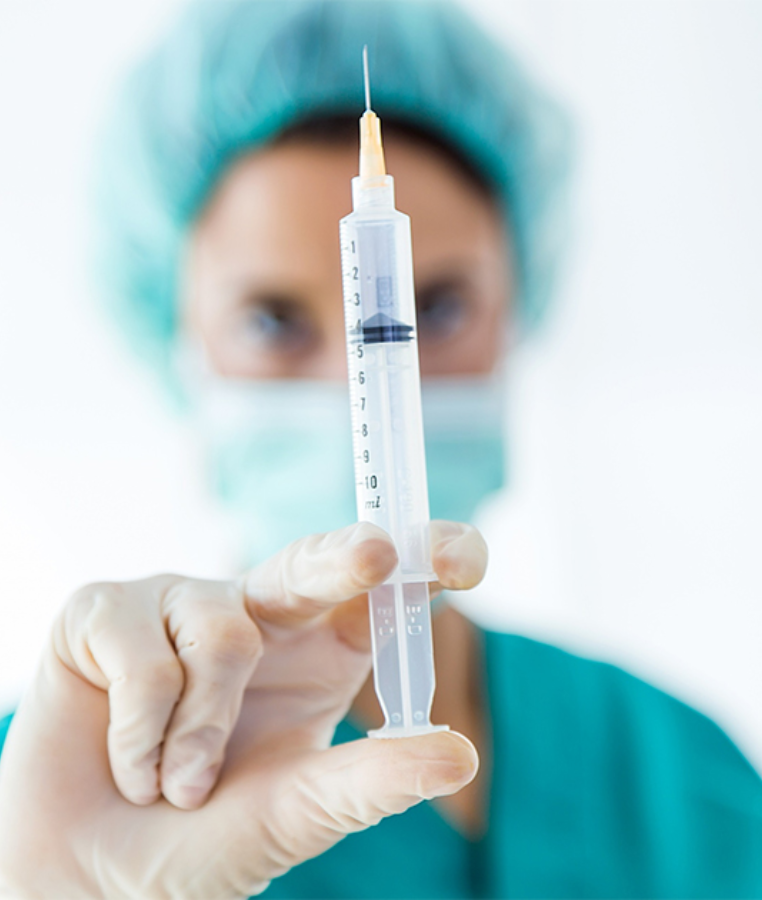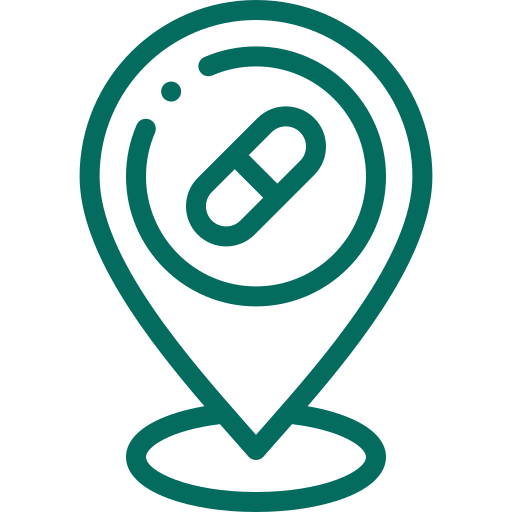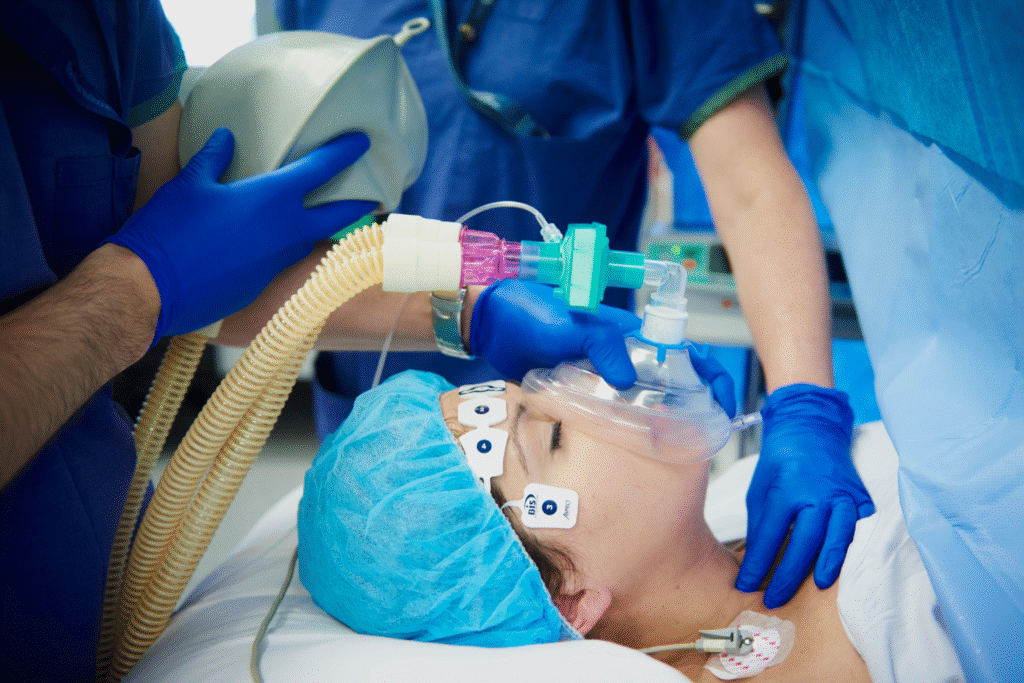Elevating Every Medical Journey with Uncompromising Precision & Care in KR Puram
The decision to undergo any medical procedure or surgery often comes with a natural degree of apprehension. At Altor Hospitals in Bengaluru, we deeply understand that true patient comfort and safety are paramount to a successful outcome. Our Department of Anesthesiology is not merely a supporting service; it is a core and indispensable medical specialty that forms the bedrock of excellence across all our surgical and diagnostic departments.
Located conveniently in KR Puram, our team of highly skilled Anesthesiologists are the unsung guardians of your well-being. They bring unparalleled expertise, advanced techniques, and vigilant care to ensure a seamless and comfortable experience from your very first consultation through to your full recovery. At Altor, our commitment to your safety and comfort is absolute, allowing you to approach your procedure with confidence and peace of mind.
While many departments focus on specific diseases or body systems (like our Centres of Excellence for Orthopaedics or Oncology), the Department of Anesthesiology at Altor functions as a specialized and foundational pillar that enables the highest standards of care across the entire hospital. We are distinct because our expertise directly enhances the safety, precision, and patient experience of every surgical and interventional procedure performed here.


Unlike disease-specific departments, Anesthesiology supports all specialties—making every surgery and intervention safer and smoother through expert collaboration and planning.

Our Anesthesiologists are skilled in anesthesia, critical care, and pain management, ensuring stability, safety, and support throughout your hospital journey.

We tailor anesthesia protocols through detailed pre-op evaluations, ensuring the safest and most effective care for every individual and procedure.

From high-end anesthesia machines to smart monitoring systems, our tech empowers rapid response and steady oversight during every procedure.

Our team is by your side from pre-op counseling to post-op recovery, delivering continuous care and effective pain management at every step.

We prioritize clear communication and your peace of mind—ensuring you feel confident, informed, and safe with every anesthesia decision made.
Altor's Department of Anesthesiology offers a broad spectrum of specialized services designed to ensure patient comfort, safety, and optimal outcomes across all medical and surgical interventions.




Administering safe and effective sedation for non-surgical procedures in departments like Gastroenterology (endoscopy), Radiology (MRI, CT scans), and Cardiology (cath lab procedures).

Providing pain relief options for women during childbirth, including epidural analgesia, and managing anesthesia for Caesarean sections and other obstetric emergencies

Our Anesthesiologists are on the front lines, providing expert resuscitation and advanced airway management skills during critical medical emergencies throughout the hospital.

Altor’s Department of Anesthesiology is equipped with the latest advancements in medical technology, ensuring the highest standards of patient safety, precision, and care:

Modern, integrated machines providing precise gas delivery, ventilation, and real-time vital sign monitoring.

Continuous, high-fidelity monitoring of heart rate, blood pressure, oxygen saturation, end-tidal CO2, temperature, and advanced hemodynamic parameters.

For highly accurate and safe placement of regional anesthesia blocks, nerve blocks, and vascular access.

For secure and efficient airway control, even in challenging anatomical situations.

Allowing patients to self-administer pain medication safely and effectively under strict medical control.

Equipped for continuous monitoring and specialized nursing care during immediate recovery from anesthesia.
Understanding anesthesia is a vital part of your preparation for any medical procedure. We're here to provide clear, reassuring answers.
Your Anesthesiologist is with you constantly during your surgery. They manage your level of consciousness, continuously monitor all your vital signs (heart rate, breathing, blood pressure, oxygen levels), administer necessary medications, and adjust your anesthesia as needed to ensure you are safe, comfortable, and pain-free throughout the entire procedure.
Before your procedure, your Anesthesiologist will conduct a thorough pre-operative assessment. They will review your medical history, discuss your current health, any medications you take, allergies, and the specifics of your surgery. Based on this comprehensive evaluation, they will recommend the safest and most effective anesthesia plan tailored just for you.
Modern anesthesia is extremely safe, thanks to significant advancements in medication, technology, and the expertise of Anesthesiologists. While all medical procedures carry some inherent risks, serious complications from anesthesia are rare. Your Anesthesiologist will discuss any specific risks relevant to your individual health and the planned procedure during your consultation.
It is extremely important to follow specific fasting instructions given by your Anesthesiologist and surgical team. Typically, you will be asked to stop eating and drinking several hours before your procedure. This is a crucial safety measure to prevent serious complications like aspiration (inhaling stomach contents into your lungs) while under anesthesia or sedation. Always clarify these instructions with your care team.

Copyright © 2025 Reserved By Altor Hospitals
Powered by Altor Hospitals